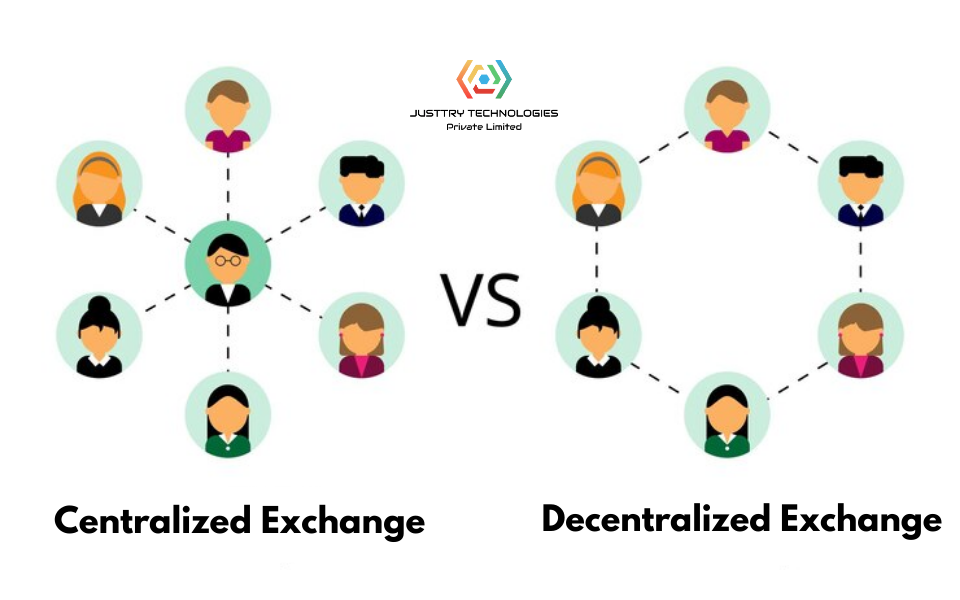Stem cells have revolutionized the field of regenerative medicine. Unlike conventional treatments, stem cells can restore the damaged tissue, leading to lasting effects. To understand their potential, the different types of stem cells should be known. There are 5 types of stem cells dependent on their ability to differentiate into diverse cell types.
• Totipotent stem cells are found in the early divisions of the embryo and can form all cell types in the body.
• Pluripotent stem cells are the embryonic stem cells (ESCs) found at the blastocyst stage that can form nearly all but not all the cell types.
• Multipotent stem cells, known by their popular examples like hematopoietic stem cells (HSCs) or mesenchymal stem cells (MSCs), can transform into particular cell lineages.
• Oligopotent stem cells are precursors with limited differentiation ability, forming only a few cells, like myeloid precursors creating immune cells.
• Unipotent stem cells have the capacity of forming only one cell type, such as muscle stem cells only converting to muscle cells.
Additionally, after a lot of research, another cell type—induced pluripotent stem cells (iPSCs)—has surfaced. These stem cells are formed by normal cells that do not have stem cell properties. After developing iPSCs, they can be converted into any cell type.
In research and clinical applications, ESCs, iPSCs, HSCs, and MSCs are being employed, with more inclination towards MSCs due to their many advantages over other stem cells.
Read more: https://shorturl.at/N13Kf
#stemcells #advancells #typesofstemcells #escs #ipscs #hscs #mscs
• Totipotent stem cells are found in the early divisions of the embryo and can form all cell types in the body.
• Pluripotent stem cells are the embryonic stem cells (ESCs) found at the blastocyst stage that can form nearly all but not all the cell types.
• Multipotent stem cells, known by their popular examples like hematopoietic stem cells (HSCs) or mesenchymal stem cells (MSCs), can transform into particular cell lineages.
• Oligopotent stem cells are precursors with limited differentiation ability, forming only a few cells, like myeloid precursors creating immune cells.
• Unipotent stem cells have the capacity of forming only one cell type, such as muscle stem cells only converting to muscle cells.
Additionally, after a lot of research, another cell type—induced pluripotent stem cells (iPSCs)—has surfaced. These stem cells are formed by normal cells that do not have stem cell properties. After developing iPSCs, they can be converted into any cell type.
In research and clinical applications, ESCs, iPSCs, HSCs, and MSCs are being employed, with more inclination towards MSCs due to their many advantages over other stem cells.
Read more: https://shorturl.at/N13Kf
#stemcells #advancells #typesofstemcells #escs #ipscs #hscs #mscs
Stem cells have revolutionized the field of regenerative medicine. Unlike conventional treatments, stem cells can restore the damaged tissue, leading to lasting effects. To understand their potential, the different types of stem cells should be known. There are 5 types of stem cells dependent on their ability to differentiate into diverse cell types.
• Totipotent stem cells are found in the early divisions of the embryo and can form all cell types in the body.
• Pluripotent stem cells are the embryonic stem cells (ESCs) found at the blastocyst stage that can form nearly all but not all the cell types.
• Multipotent stem cells, known by their popular examples like hematopoietic stem cells (HSCs) or mesenchymal stem cells (MSCs), can transform into particular cell lineages.
• Oligopotent stem cells are precursors with limited differentiation ability, forming only a few cells, like myeloid precursors creating immune cells.
• Unipotent stem cells have the capacity of forming only one cell type, such as muscle stem cells only converting to muscle cells.
Additionally, after a lot of research, another cell type—induced pluripotent stem cells (iPSCs)—has surfaced. These stem cells are formed by normal cells that do not have stem cell properties. After developing iPSCs, they can be converted into any cell type.
In research and clinical applications, ESCs, iPSCs, HSCs, and MSCs are being employed, with more inclination towards MSCs due to their many advantages over other stem cells.
Read more: https://shorturl.at/N13Kf
#stemcells #advancells #typesofstemcells #escs #ipscs #hscs #mscs
0 Σχόλια
0 Μοιράστηκε
75 Views
0 Προεπισκόπηση












